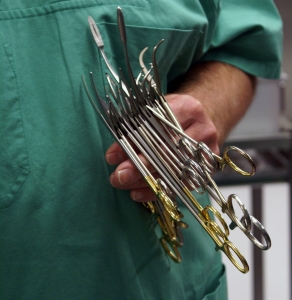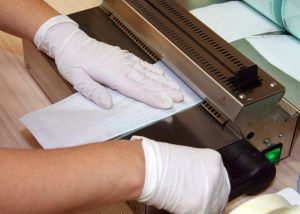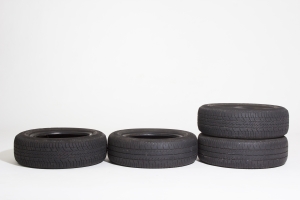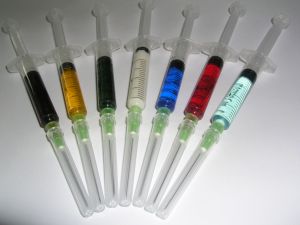In 2007 Senator Pat Roberts and Senator Edward Kennedy attempted to pass legislation to expand the power of the Food and Drug Administration (FDA) to regulate compounding pharmacies. Compounding pharmacies where medications are mixed or altered fell into a regulatory gap where it wasn’t really clear whether the FDA or state boards of pharmacies were in charge of oversight and safety compliance. The 2007 legislation would have changed that, but Congress failed to pass it. 
Unfortunately, the consequences of the lack of oversight and the consequences of the regulatory gap became far too clear in recent months when contaminated drugs from New England Compounding Center (NECC) caused more than 50 deaths and made more than 700 Americans sick. Our Boston injury attorneys know that the lack of oversight played a direct role in contributing to the deaths and injuries caused by deadly fungal infections in patients taking drugs from NECC. Something needs to be done to prevent this from happening in the future and the Senate is now trying again to take action.
Senate Considers Expanding FDA Regulatory Authority
According to the Boston Globe, the Senate recently introduced a bill intended to prevent future outbreaks like the one caused by the contamination at NECC. The legislation proposing rule changes is bipartisan and was drafted with support from Democrats and Republicans on the Senate Health, Education, labor and Pensions Committee.
The legislation would make clear that large compounding operations — called compounding manufacturers — are subject to direct federal oversight by the Food and Drug Administration. Traditional small compounding pharmacies would continue to be regulated by state pharmacy boards but would still be subject to new federal standards on the ingredients used. Traditional small compounding pharmacies that will remain under state control include pharmacies that mix or produce medication for a specific patient to match a specific prescription.
The bill identifies “compounding manufacturers” who are subject to federal oversight as pharmacies that produce injectable drugs without patient-specific prescriptions from physicians. To be considered a compounding manufacturer, the compounding operation would generally have to ship across state lanes.
This bill will make clear exactly what role the FDA plays in regulating and monitoring compounding manufacturers, which had previously been undefined. The issue is that these manufacturers became much bigger and took on a different role than anyone had originally anticipated. Thus, they need to be more tightly regulated because their new role means that serious and widespread injury can result when a mistake is made.
Now that the bill has been proposed, hopefully it will actually make it through both the Congress and will become law. Unfortunately, several Democrats in the House of Representatives who introduced similar laws have not been successful as Republicans in the House have shown little interest in moving the measures forward.
Hopefully, this Bill will not meet the same demise as the 2007 bill and lawmakers will actually be able to do something to prevent another tragedy occurring like the outbreak caused by the New England Compounding Center’s negligence.
Continue reading
 Boston Personal Injury Attorney Blog
Boston Personal Injury Attorney Blog









